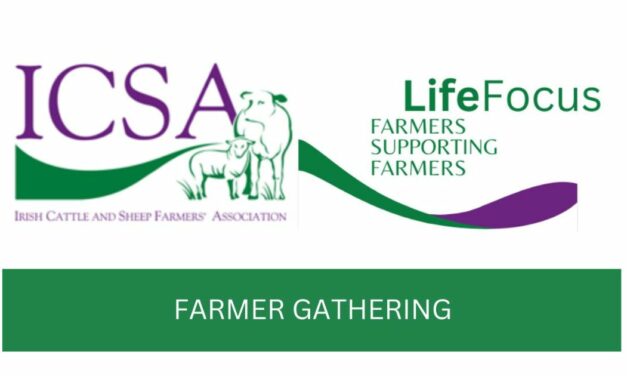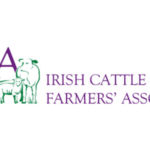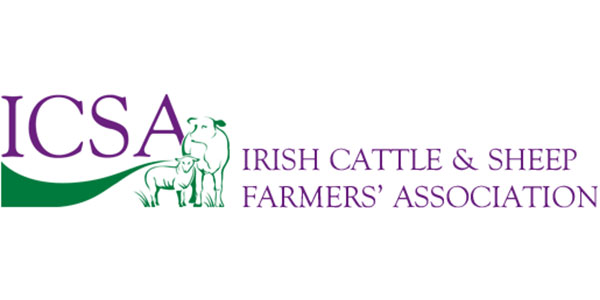28th April 2014
ICSA today met with Michael Dowling to outline the key issues impacting the future of the beef sector in Ireland. According to ICSA president Patrick Kent, ICSA emphasised that the future of the sector, especially the suckler herd, is dependent on the meat industry pulling back from unworkable specs on carcase weight and age, on ensuring that live exports are facilitated to the greatest extent possible and on a stable pricing framework that reflects the costs of production for both suckler farmers and finishers. Mr Dowling has been appointed by the Minister to conduct a review of the beef sector, with a mandate to report back by late May.
“It simply isn’t possible, nor is it wise for a country where grass is our key advantage, to insist that young bulls must be slaughtered at 16 months and at a maximum weight of 380kg. We have a suckler herd in excess of one million cows made up of 80% continental cattle breeds. The breed of cow has been developed over many years based on repeated signals that the market wanted lean beef with superior conformation.
The new specs fly in the face of years of breeding strategies. If we accept these new specs, there is no future for many of the excellent herds of continental cattle. It’s critical to understand that finishers needs to exploit grass as much as possible, even with young bull beef and that they need a final product of sufficient weight to cover the cost of buying the weanling and all costs associated with running the business and feeding the stock. We have been told repeatedly about the success of the industry in developing relationships with virtually all the key retailers across Europe yet this narrow spec is based on two customers in the UK.
Whereas last year, a bull beef feeder could anticipate bringing cattle to 450kg at €4/kg resulting in animals selling at around €1,800; the new reality is a price of €3.60 on a maximum of 380 kgs or €1,368 per head. This is a game changer and it sends a very clear signal that there is no future for continental sucklers.
We also emphasised that there is widespread dismay at the way in which the live export of store cattle to Northern Ireland has been frustrated by tightening specs which many farmers believe to be a pre-emptive strike to ensure that there is no emergence of live exports to Great Britain. Overall, ICSA believes that the Bord Bia quality assurance scheme has been abused by the meat industry. Meat factories are picking and choosing which cattle to award QAS bonuses while severely discounting other cattle, which don’t meet arbitrary criteria such as age, grade or number of movements, notwithstanding the fact that these cattle are actually being produced on fully quality assured farms.
The ICSA delegation (which also included beef chairman Edmond Phelan, suckler chairman Dermot Kelleher and general secretary Eddie Punch) also made it very clear that farmers could not continue to be viable in the face of price instability, particularly where winter finishers are concerned. “We cannot have a scenario where the meat industry manipulates supply and demand with the result that price is substantially lower at the end of the high cost winter feeding period compared to the previous summer, even at a time when EU prices are relatively stable or improving.”
ICSA urged Michael Dowling to be very frank in his report to the Minister about the potential for damage to the suckler herd and the finishing sector. “We cannot hide behind the facts. Developments in recent months where a kill of 32,000/week seems too high, demonstrate that there is no room for expansion in beef. We need to ensure that farmers are not producing cattle on a hope basis. There is no point in Teagasc advising farmers to increase output from grass when the age limits are oriented towards intensive cereal feeding and where extra output is disastrous for price. The reality is that we are already seeing suckler births dropping and this must serve as a wake- up call to the industry and the retail sector.”






